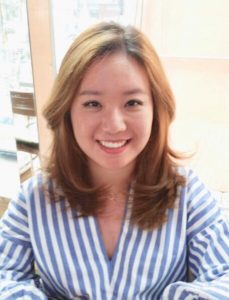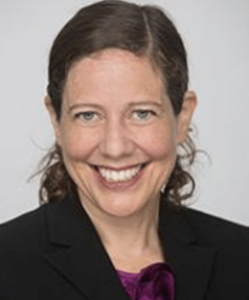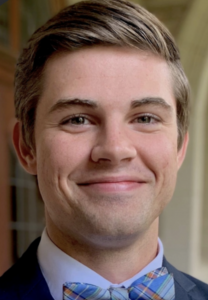Worldview and Spirituality: Outlooks of the Church and Individuals Shaped by Crisis

Over the past six months, the coronavirus pandemic has disrupted our world in ways that will clearly last, even once the virus is under control. It has also raised and re-raised complex questionsat the intersection ofbioethics, law, medicine, and public healthbyinjecting a dose of reality into the theoretical, abstract terms with which we once discussed these questions. In short, the pandemic has induced an unforeseen stress test on the adaptability and capabilities of our technomedical knowledge and legal systems.
In the long run, the economy will likely recover and the medical field will continue to advance. But, for better or for worse, the pandemic will have left an indelible mark on our lives and on the human psyche, which necessitates a discussion of the coronavirus pandemic as not only a medical crisis, but also as a moral, spiritual one.


